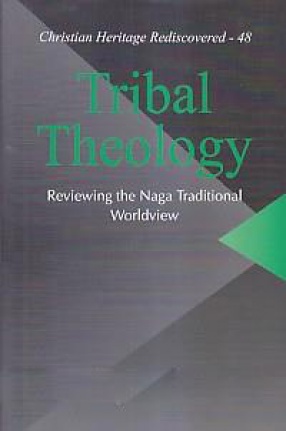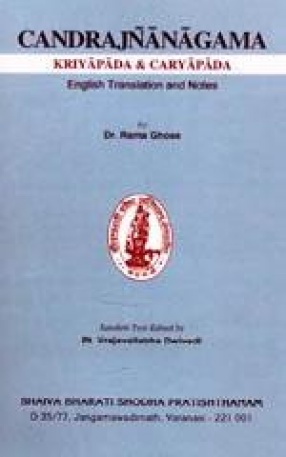The book scrupulously covers the concept of mission and ecumenism of the Christian Conference of Asia (CCA) from 1957 to 2007. CCA is the foremost representative body of the Christian communities in Asia, and time and again stands for the socio-economic, political and cultural renewal of the Asians. The struggle for and attainment of stability by the people of Asia on different grounds has awakened the hitherto submerged peoples of Asia to a new sense of dignity.
CCA has called the churches in Asia to be in unity, not only across different ecclesial and theological traditions, but also across national and political boundaries; religious, cultural and ethnic barriers; and socio-economic demarcations. Understanding the mission concept in a multi-cultural and post-colonial world means that mission must be seen in a multi-dimensional angle. In such a situation, CCA has been a vital instrument in bringing up the human communities in Asia, by strengthening ecumenical life at the local, national and regional levels thereby deciding the future of ecumenical life at the global level. The main feature of the Asian ecumenical movement through the life and work of the CCA is people-centered. Therefore, the church should play a decisive role in each society, according to the needs and necessities of the region.
CCA clearly affirms that mission is the proclamation of the Gospel, to ecumenically address the issues and struggles of the communities based anywhere on Asian soil. To achieve this mission agenda, the Christian communities in Asia require ecumenical commitment and theological expression as against the traditional view of missiological articulation. The author strongly believes that the CCA could meet this requirement through its evolutionary understanding of mission.







There are no reviews yet.